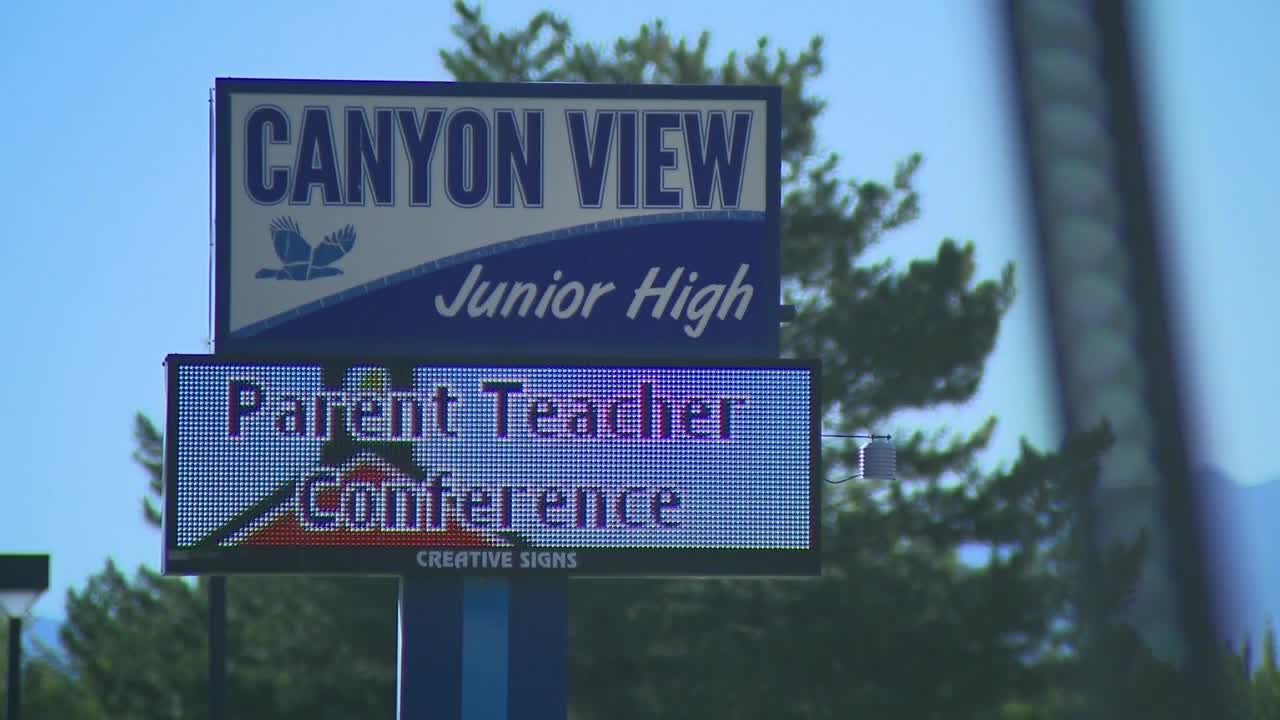OREM, Utah — Tragedy struck the Orem community, home to Canyon View Junior High School, when a student died Wednesday after committing suicide while on a class field trip.
In the aftermath of the traumatic experience, the Alpine School District has arranged for counselors to be available for students who were witnesses to their classmate shooting themselves at South Fork Park in Provo Canyon.
“Typically, when people are exposed to traumatic experiences, they will experience increased fear, being on edge. They may have nightmares, flashbacks — all kinds of things like this can happen,” said University of Utah child psychiatrist Eric Monson.
Orem student dies from self-inflicted gunshot while on field trip:
Monson shared how important it is for parents to listen to their child’s experiences and help them grapple with the grief.
“Everything you can do to reasonably restore the routine your kids would normally go through, including things like being able to go to school,” he said.
But psychological safety could be tough to restore in this case.
“How does a gun get onto a school bus and a school field trip in this manner?” asked Alpine School District spokesperson Rich Stowell. “We’re going to be looking into that.”
Stowell said that before students left on the trip, they went inside the school. There are currently no metal detectors on Alpine district campuses, and there are no plans to implement them.
“It’s a tough balance," said Stowell. "We want schools to be safe. What makes school safe is building a community of trusted students and a community of connection.”
The Utah County Sheriff’s Office is still investigating aspects of what happened, and the district is taking a hard look at measures that can be implemented. In the meantime, district officials want to lift up the grieving family of the student, and everyone else in the community, who have faced multiple tragedies in recent weeks.
“It’s up to each of us to help build that community in a positive way. Make a new friend, have those conversations, and let’s just keep an eye on each other — that’s the best thing we can do,” Stowell said.
In addition to seeking professional help, Monson recommends several other resources available to people statewide, including the SafeUT app and the Utah Warm Line (1-833-SPEAKUT), which can connect you with crisis-trained peer support.




